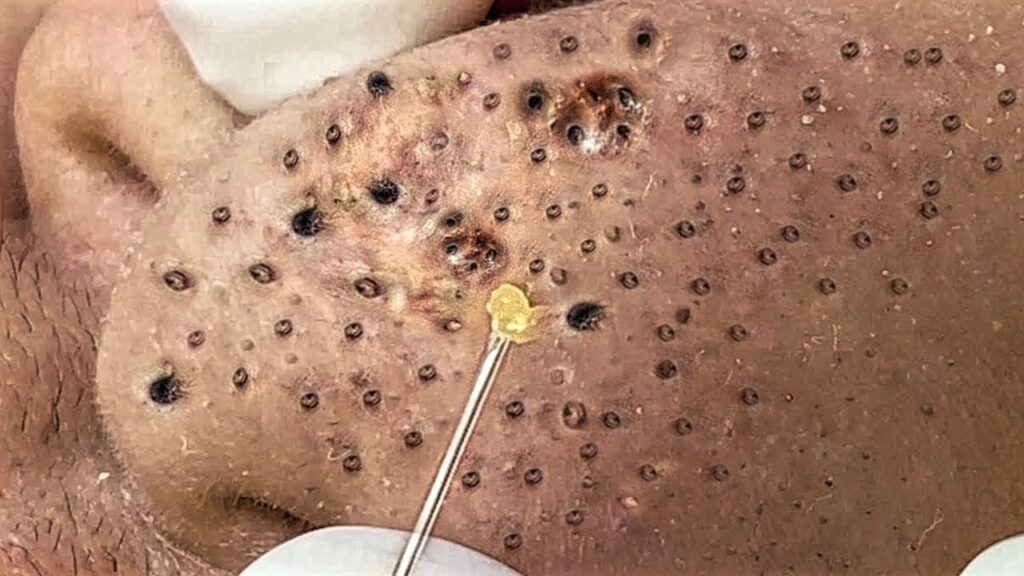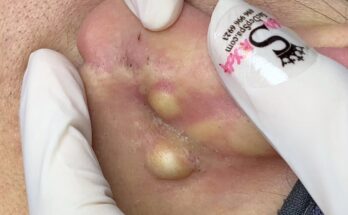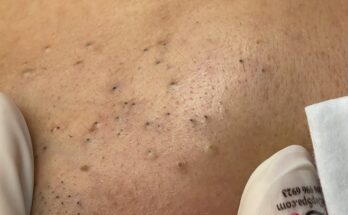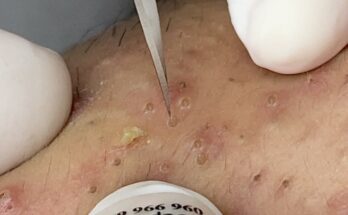
While over-the-counter and prescription treatments are highly effective, some home remedies can complement your skincare routine. Dermatologists often give a nod to certain natural ingredients for their anti-inflammatory and antibacterial properties, but they stress the importance of using them safely.
Aloe vera gel is a fantastic option. It’s a natural anti-inflammatory that helps soothe irritated, red skin without clogging pores. Applying a thin layer of pure aloe vera gel can calm active breakouts and reduce swelling. It’s especially beneficial when used in conjunction with other acne treatments that can be drying.
Green tea extract is another dermatologist-approved favorite. Rich in antioxidants called catechins, green tea helps reduce oil production and fight the P. acnes bacteria that causes breakouts. Applying cooled green tea as a toner or using products with green tea extract can significantly help manage oily, acne-prone skin.
Honey, particularly raw or Manuka honey, has been used for centuries for its wound-healing and antibacterial properties. It can be used as a spot treatment for inflamed pimples. Its soothing properties help reduce redness, but it’s important to note that honey doesn’t kill the specific bacteria responsible for acne, so it’s best for soothing rather than a sole solution.
A crucial step for any home remedy is patch testing. Before slathering a new ingredient all over your face, apply a small amount to an inconspicuous area like your inner arm or behind your ear. Wait 24-48 hours to check for any redness, itching, or irritation. This simple step can prevent a full-blown allergic reaction and ensure your natural remedy is helping, not harming, your skin.


